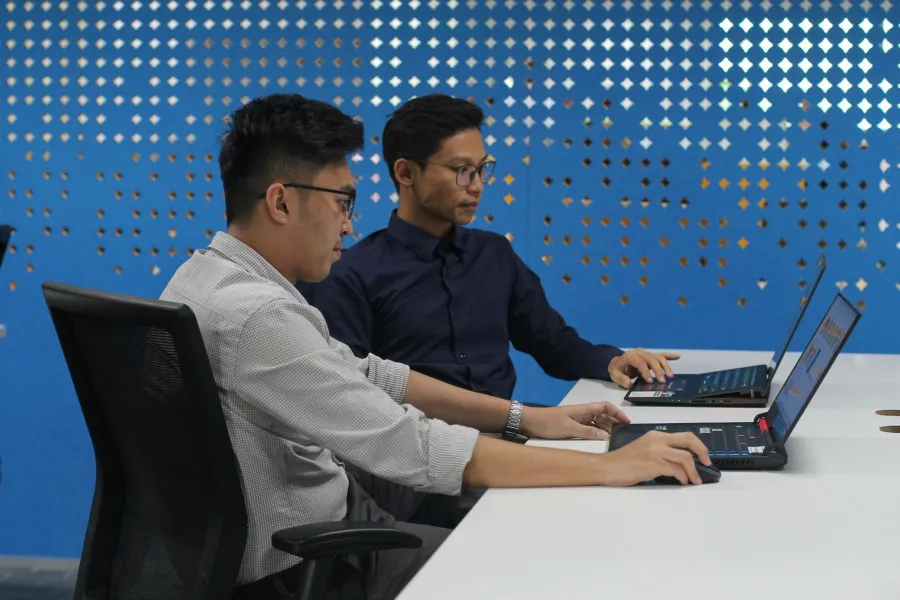Expert Backup and Data Recovery Assistance
Discover how Backup and Disaster Recovery (BDR) protects your business with strategies like local, remote, and cloud backups, ensuring quick recovery and uninterrupted operations.
Schedule Your Discovery Call Today!

What Is Backup And Disaster Recovery?
Backup and disaster recovery (BDR) is the process of copying and storing data in a specific location, and then recovering or restoring those files when an emergency occurs, such as data loss or data corruption. Backup and disaster recovery are two separate but connected concepts that organizations should always consider together.
Backup
Backup creates secure copies of your data stored locally, remotely, or in the cloud, so it's always available when you need it. This can be done regularly, such as daily, weekly, or monthly. Regular backups protect files, applications, and even entire systems against unexpected loss or corruption. The goal of backup is to create a copy of your data that can be used to restore it in the event of a disaster.
Disaster Recovery
Disaster recovery is the process of restoring data from a backup. This can be done if your original data is lost or corrupted. The goal of disaster recovery is to get your business back up and running as quickly as possible after a disaster.

The Vector Choice Advantage
Local BDR
This type of BDR solution stores backups on a local device, such as a hard drive or tape. Local BDR is a good option for small businesses that do not have a lot of data to back up.
Remote BDR
This type of BDR solution stores backups on a remote server. Remote BDR is a good option for businesses that need to protect their data from local disasters.
Cloud BDR
This type of BDR solution stores backups in the cloud. Cloud BDR is a good option for businesses that need to protect their data from a variety of disasters, including local disasters and cyberattacks.
How Is Vector Choice Different from Other Providers?
Vector Choice approaches cybersecurity differently than other IT Companies. By approaching cybersecurity, not from an "if", but from a "when it does happen" standpoint. They always take the assumption that you will be hacked, because 95% of all breaches will be due to user error. Which means, it's just a matter of time. Do you want a company that is just blocking the perimeter, or do you want a company that takes a wholistic approach and protects the perimeter, the internal network, and trains staff to account for the human element?
FAQ
What is BDR?
BDR stands for Backup and Disaster Recovery. It's a strategy that combines data backup and recovery tools to ensure your business can quickly restore critical information and systems after an outage, cyberattack, or hardware failure. Unlike simple backups, a true BDR solution doesn't just store copies of your files; it provides a plan to minimize downtime, protect applications and servers, and keep your operations running smoothly when disruptions occur.
How often should my business back up its data?
The right backup schedule depends on how fast your business operates. For some, daily backups are sufficient, while others need near-continuous backups to protect every transaction or record. A proper BDR solution is designed to match your business pace so data is never left unprotected.
Why is cloud backup important for disaster recovery?
Cloud backups add a critical layer of resilience. Unlike local backups that can be lost in a fire, flood, or cyberattack, cloud backups are stored securely off-site and can be restored from anywhere. This ensures your business can recover quickly even if your physical systems are unavailable.
How quickly can data be restored after a disaster?
Recovery times vary depending on the solution, but a strong BDR plan aims to minimize downtime. From restoring a single file in minutes to spinning up entire servers in the cloud, the goal is to keep your business operational and prevent disruptions from turning into prolonged outages.

